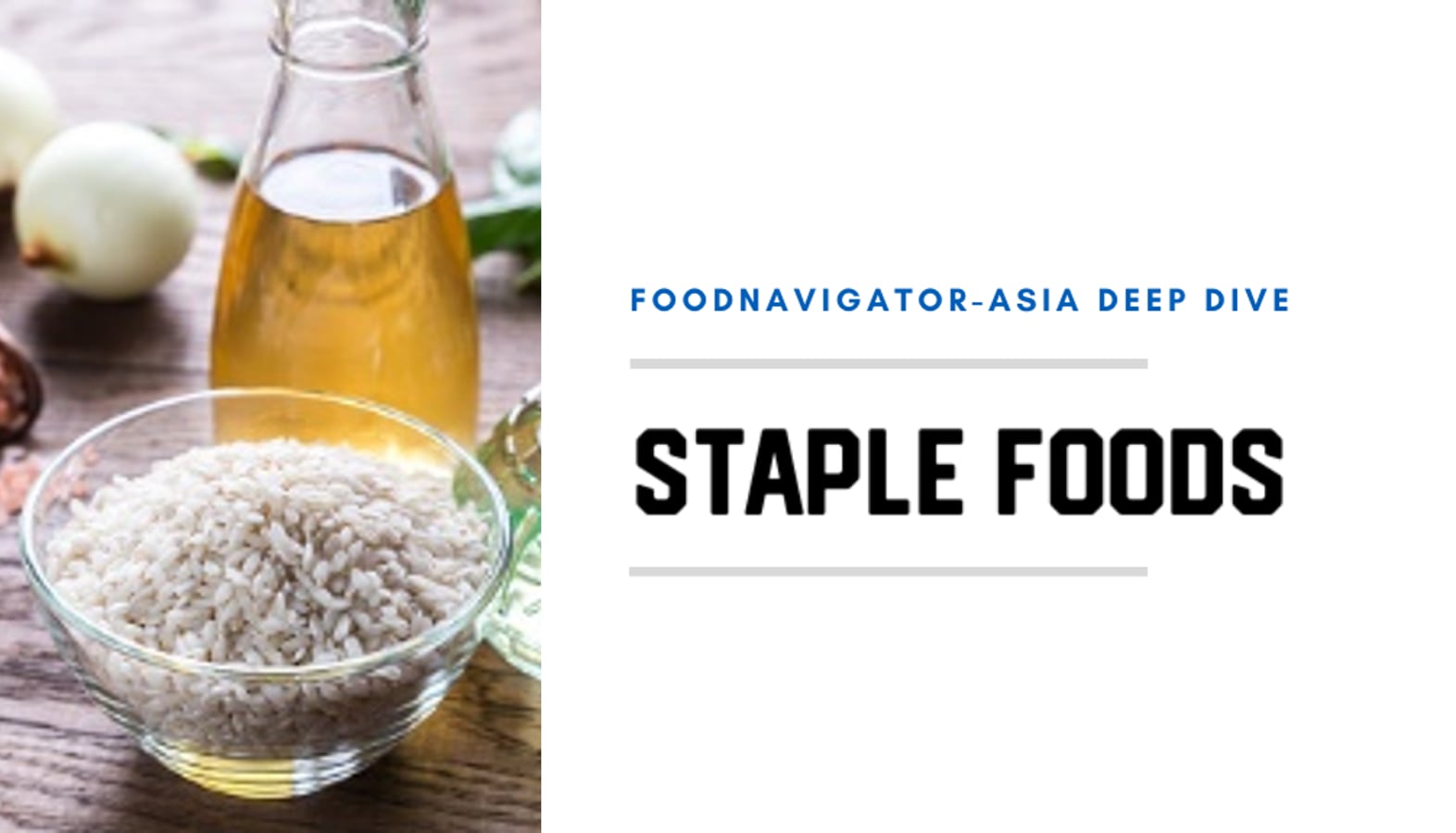The focus on sodium reduction has been of particular concern in Japan due to the nature of many local staple foods being highly dependent on salt for flavouring, from soy sauce to miso to processed meats and more.
The study, which was jointly undertaken by the University of Tokyo, Fukuoka Women’s University, Kagawa Nutrition University, the Tokyo Foundation for Policy Research as well as Ajinomoto, modelled the salt intake reduction via umami substances in 21,805 Japanese adults via data obtained from the National Health and Nutrition Survey.
Three scenarios were set up based on salt reduction by 30%, 60% and 100% respectively – all were based on food intake without the taste of products being affected.
“Japan is one of the countries globally recognised for prolonged longevity [but] a high salt intake is a major dietary risk factor for both mortality and morbidity of the population,” said the study authors.
“Japanese generally consume more salt than people in other countries, e.g. the average sodium intake in 2010 was 4.89g/day (12.23g/day of salt) in Japan, whereas those in the United Kingdom and the United States were 3.61g/day (9.03g/day salt) and 3.60g/day (9g/day salt), respectively. As of 2017, the salt intake for Japan has successfully dropped to 9.5g.
“The government aims to reduce the daily salt intake of Japanese adults to 8g by 2023 as part of the 10-year national health promotion plan [but] the average salt intake remains higher than recommended – so the targets set are unlikely to be attained if current trends persist.”
Based on their modelling, the authors determined that based on the 100% salt reduction scenario, to be completely replaced by umami substances, salt intake would be reduced by up to 22.3% (2.22g) at the population level – this would bring the daily average salt intake for the population down to 7.73g.
“These findings suggest that approximately 60% of Japanese adults would be able to achieve the national dietary goal of 8g/day salt intake [via] the sodium replacement strategy,” they said.
“In particular, we selected food items widely consumed by Japanese consumers such as soy sauce, miso paste and processed fish – of these, soy sauce yielded the largest impact of daily salt reduction if replaced with umami substances, up to 0.68g amongst its consumers.
“Umami substances are naturally present in various foods and serve to enhance their original flavour too, so incorporation of these will reduce salt intake more effectively.”
The results of this study received a warm welcome by Ajinomoto, which lauded the findings as crucial in demonstrating the potential of umami substances such as its well-known monosodium glutamate (MSG) or other sodium-free glutamates to the public.
“This [and studies conducted in other markets] demonstrate the potential of umami as an effective solution to excessive salt intake,” Ajinomoto Global Communications Department Associate General Manager and Executive Professional Hisayuki Uneyama, Ph.D., who also participated in the study, told FoodNavigator-Asia.
“Ajinomoto is a firm that started from the discovery of umami, [and with this scientific validation we] will continue to promote such initiatives of reducing salt without compromising taste.”
That said, the report also stressed that although this strategy could help consumers hit the national 8g/day target, it was still some way from hitting World Health Organisation recommendations of 5g/day – with only 7.6% of the population projected to be able to hit this according to the model - leading the researchers to recommend the ‘further investigation, innovation and distribution of low-sodium products’ for better results.
Overseas studies
In addition to the study on Japanese consumers, the University of Tokyo also published research surrounding the US and UK markets as highlighted by Uneyama above.
“In the US, replacing salt with umami substances could help US adults reduce salt intake by [up to] 13%, which is equivalent to 1.13 g/day of salt reduction without compromising taste,” the authors stated.
“In the UK, this helped UK consumers reduce daily salt intake by [up to] 18%, which is equivalent to 0.92 g/day of salt reduction.”





